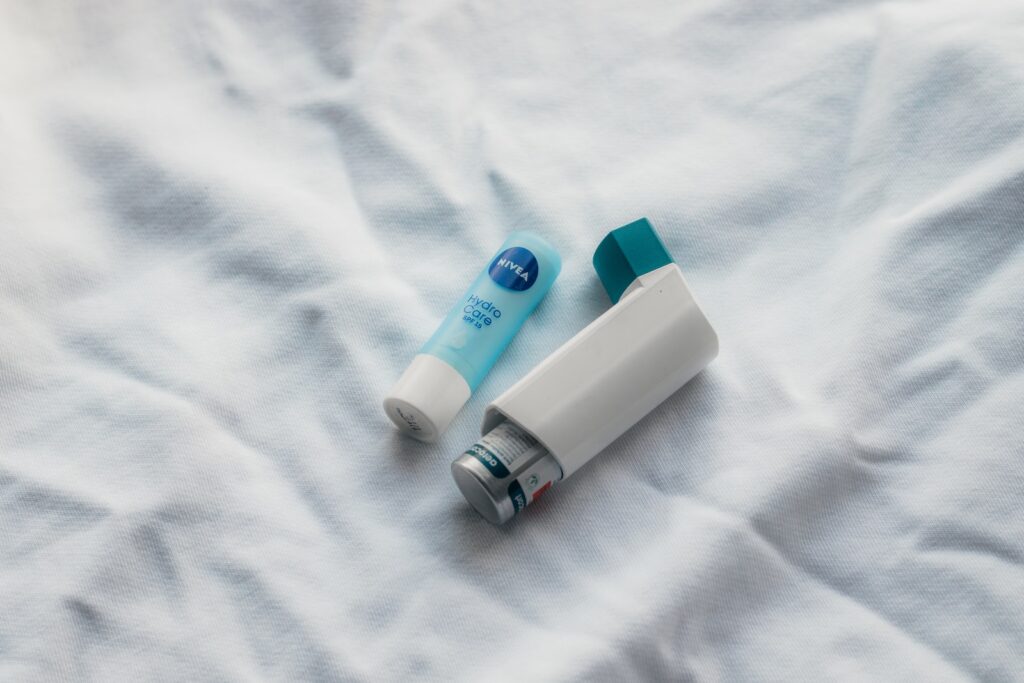Why do GPs charge fees?
Isn’t the NHS supposed to be free?
The National Health Service provides most health care to most people free of charge, but there are exceptions: prescription charges have existed since 1951, and there are a number of other services for which fees are charged. Sometimes the charge is made to cover some of the cost of treatment, for example, dental fees; in other cases, it is because the service is not covered by the NHS, for example, medical reports for insurance companies.
Surely the doctor is being paid anyway?
It is important to understand that GPs are not employed by the NHS, they are self-employed, and they have to cover their costs – staff, buildings, heating, lighting, etc – in the same way as any small business. The NHS covers these costs for NHS work, but for non-NHS work the fee has to cover the doctor’s costs.
What is covered by the NHS and what is not?
The Government’s contract with GPs covers medical services to NHS patients. In recent years, more and more organisations have been involving doctors in a whole range of non-medical work. Sometimes the only reason that GPs are asked is because they are in a position of trust in the community, or because an insurance company or employer wants to be sure that information provided is true and accurate.
Examples of non-NHS services for which GPs can charge their NHS patients are:
- Certain travel vaccinations
- Private medical insurance reports
Examples of non-NHS services for which a GP can charge other institutions are:
- Medical reports for an insurance company
- Some reports for the DSS/Benefits Agency
I only need a doctor’s signature – what is the problem?
When a doctor signs a medical certificate or completes a report, it is a condition of remaining on the Medical Register that they only sign what they know to be true. In order to complete even the simplest of forms, therefore, the doctor might have to check the patient’s entire medical record. Carelessness or an inaccurate report can have serious consequences for the doctor with the General Medical Council or even the Police.
What will I be charged?
The BMA recommends that GPs tell patients in advance if they will be charged, and how much. It is up to the individual doctor to decide how much to charge. The surgery will have a list of fees either in the waiting room, or available on the website. See the link below
What can I do to help?
- Not all documents need signature by a doctor. For example, you could ask another person in a position of trust, who may be willing to sign a passport application free of charge.
- If you have several forms requiring completion, present them all at once and ask the receptionist/GP if he or she is prepared to complete them all at once as a ‘job lot’ at a reduced price
- Do not expect the GP to process forms overnight; urgent requests may mean that the doctor has to make special arrangements to process the form quickly, and this will cost more.
Please follow the link below to see a list of charges for non NHS work undertaken by the practice.
